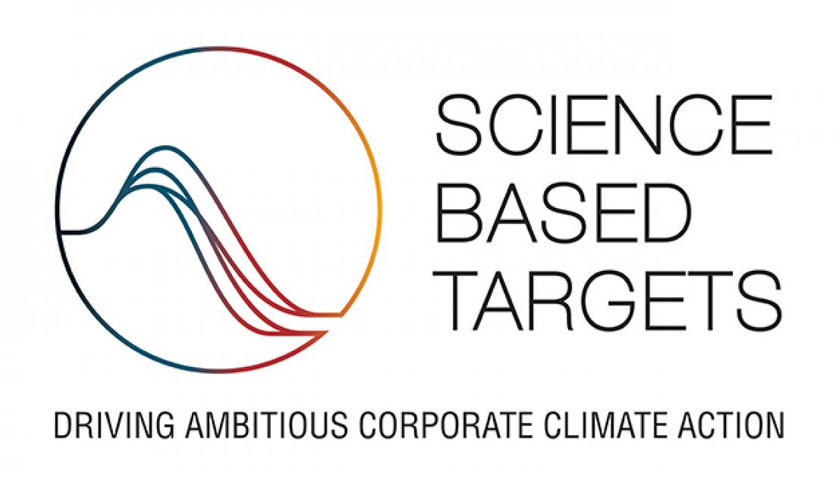The Science Based Targets initiative (SBTi) is calling on companies from across the chemicals industry to pilot test its Draft Chemicals Sector Target-Setting Criteria and Tool. This is a key step in the development of this framework to drive the decarbonization of one of the world’s most significant emitting sectors. Chemicals companies are invited to participate in SBTi’s pilot phase to test and help shape the Chemicals Sector Target-Setting Criteria and Tool. As part of the development process and in line with the Standard Operating Procedure for Development of SBTi…
Read MoreTag: Science Based Targets initiative (SBTi)
The SBTi Unveils Framework to Accelerate Buildings Sector’s Alignment with Net-Zero Targets
The Science Based Targets initiative (SBTi) launches a groundbreaking science-based decarbonization framework for companies and financial institutions in the buildings value chain. The framework sets 1.5°C-aligned emissions reduction targets for the buildings industry to overcome current climate challenges and create a net-zero future. The buildings sector is responsible for over a quarter of energy-related emissions and is deeply impacted by the climate crisis. Construction delays due to adverse weather are already costing billions of dollars globally. The SBTi’s new Buildings Sector Science-Based Target-Setting Criteria takes a ‘whole building approach’ –…
Read More102% growth in the number of companies with science-based targets fuelled by growth in Asia
The Science Based Targets initiative (SBTi), the corporate climate action organization, reaffirmed its continued global growth today, announcing that the total number of companies with science-based targets increased by 102% during 2023 alone compared to all previous years, fuelled in part by strong growth in Asia. 113% more companies set targets during 2023 than in 2022, according to the SBTi Monitoring Report 2023. Companies with validated science-based targets or commitments to set targets reached 39% penetration of global market cap in 2023, 2 percentage points higher than in 2022, according…
Read MoreDECATHLON’s Near-Term and Net-Zero Targets Validated by the SBTi
DECATHLON is proud to announce that our ambitious Greenhouse Gas (GHG) reduction targets have been officially validated by the Science Based Targets initiative (SBTi). The SBTi’s assessment evaluated DECATHLON’s scope 1, 2, and 3 near-term and long-term target ambitions and we are pleased to share that our targets are aligned with a 1.5°C trajectory, representing one of the most ambitious designations available through the SBTi process. Near-Term Science-Based Targets (2030) DECATHLON commits to reducing absolute scope 1, 2, and 3 GHG induced emissions by 42% by 2030 from our 2021…
Read More